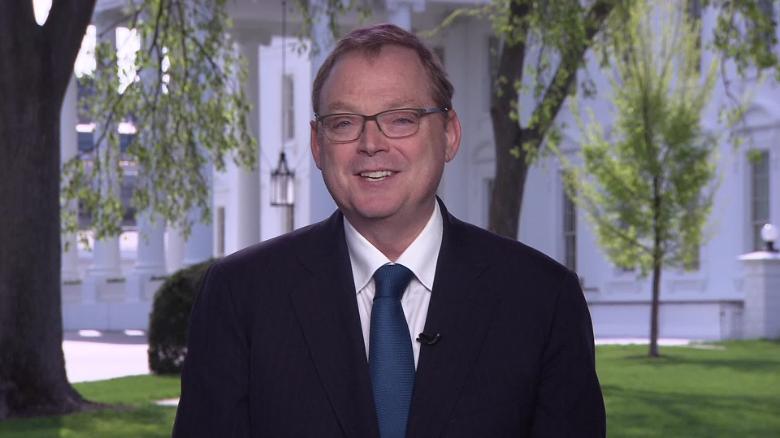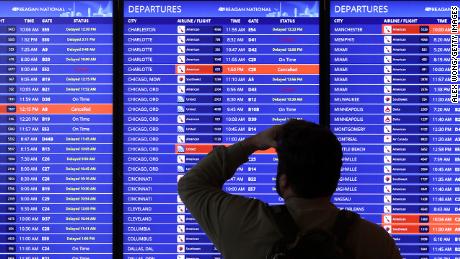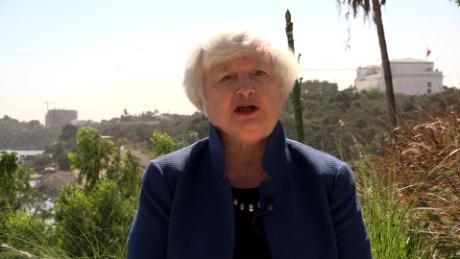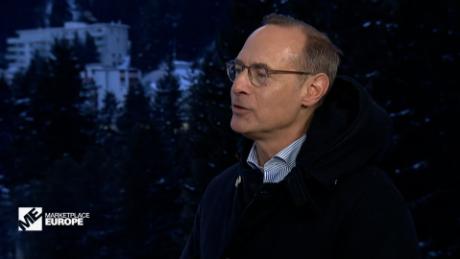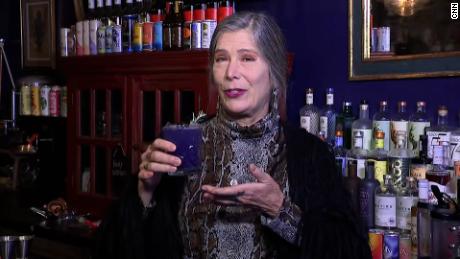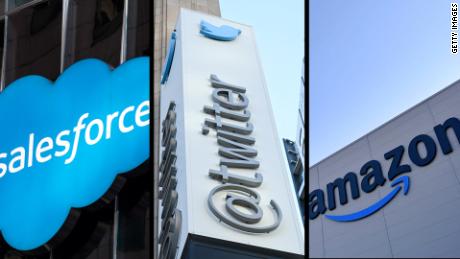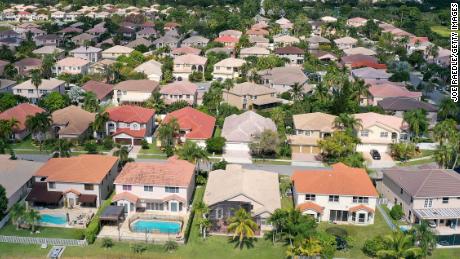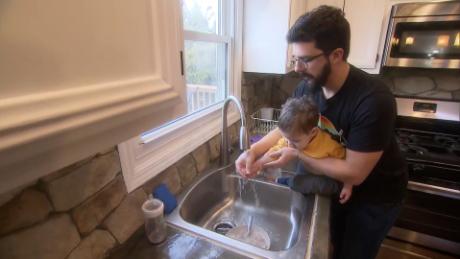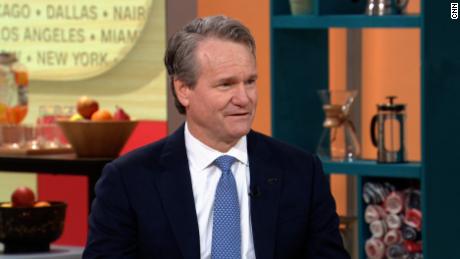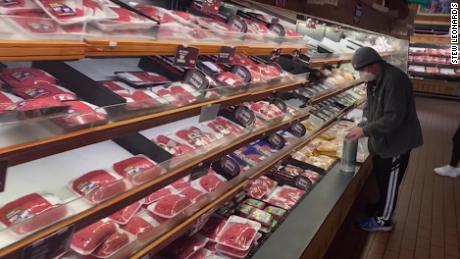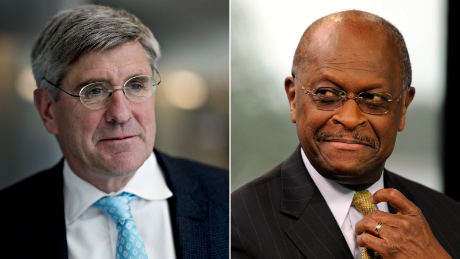New York (CNN Business)White House economist Kevin Hassett repeatedly refused to endorse President Donald Trump's pleas for the Federal Reserve to slash interest rates to juice growth.
Hassett, chairman of the Council of Economic Advisers, struck a far different tone than Vice President Mike Pence and economic adviser Larry Kudlow, each of whom urged the Fed to lower rates.
"It's not my job at CEA to give the Fed advice," Hassett told CNN's Poppy Harlow on Thursday. "My job at CEA is to remind people to respect the independence of the Fed."
Hassett, a former Fed economist himself, said that doesn't mean you can't "express an opinion," as Trump has done.
"We've appointed great, independent people. The president disagrees with them right now on interest rates," Hassett said.
Last week, Trump blasted the Fed, accusing the central bank of undermining the American economy.
"They really slowed us," Trump told reporters. He added that growth would rise like a "rocket ship" if the Fed cuts rates.
The Fed raised interest rates four times last year, tapping the brakes after the economy accelerated in response to massive corporate tax cuts and a surge of government spending.
But the Fed, responding to recession fears and market turmoil, did a dramatic reversal in recent months. The central bank has abandoned rate hikes and pledged patience as officials monitor growth.
'Growth is very, very strong'
The rate cut talk gathered steam in late March when Kudlow threw his weight behind an immediate half a percentage point cut by the Fed. Stephen Moore, whom Trump plans to nominate to join the Fed board, puzzled many by making a similar case.
The push for rate cuts raised eyebrows among economists because the Fed normally reserves such a dramatic step for a crisis. Cutting rates by half a percentage point would be like hitting the Fed's panic button.
While US growth has slowed, there is no crisis in sight.
The American stock market is on the cusp of hitting an all-time high. Unemployment claims plunged last week below 200,000 to the lowest level since 1969. And wages have finally accelerated.
"Growth is very, very strong," Hassett said, seemingly undercutting the case for lowering rates. "But also, inflation is low. That's why some folks on Wall Street say maybe at least what the Fed's current policy is, is sensible."
The current policy, however, does not project any rate cuts. Fed officials have said it's premature to talk about lowering rates at this point.
Will inflation remain muted?
Like Trump, Hassett expressed little worry about inflation, which he predicted would remain in check due in part to factories returning from overseas.
"We can have growth at low unemployment without a lot of inflation because it's a supply shock," he said.
Consumer prices jumped by 0.4% in March, the most since January 2018, the Labor Department said on Wednesday. But that was mostly driven by higher gasoline and food costs.
Core inflation, excluding food and energy, inched up just 0.1%.
Hassett repeated his belief that 2019 will be a very strong year because of the Republican tax law.
"I'm still 100% all-in for 3% growth this year," he said. "We were the high-tax place on Earth, now we're not."
Fed under pressure
The Fed has come under fire during the Trump era. The president has repeatedly attacked the US central bank and even considered firing Fed chief Jerome Powell.
Besides Moore, the president announced another controversial potential nominee to join the Fed's board of governors: former Republican presidential candidate Herman Cain.
Taken together, Trump's moves have been seen as an effort to politicize an institution that needs to be seen as apolitical if it's going to be successful.
"They'll do what they do," Hassett said of Fed policy. "I respect it. They're great professionals over there."
